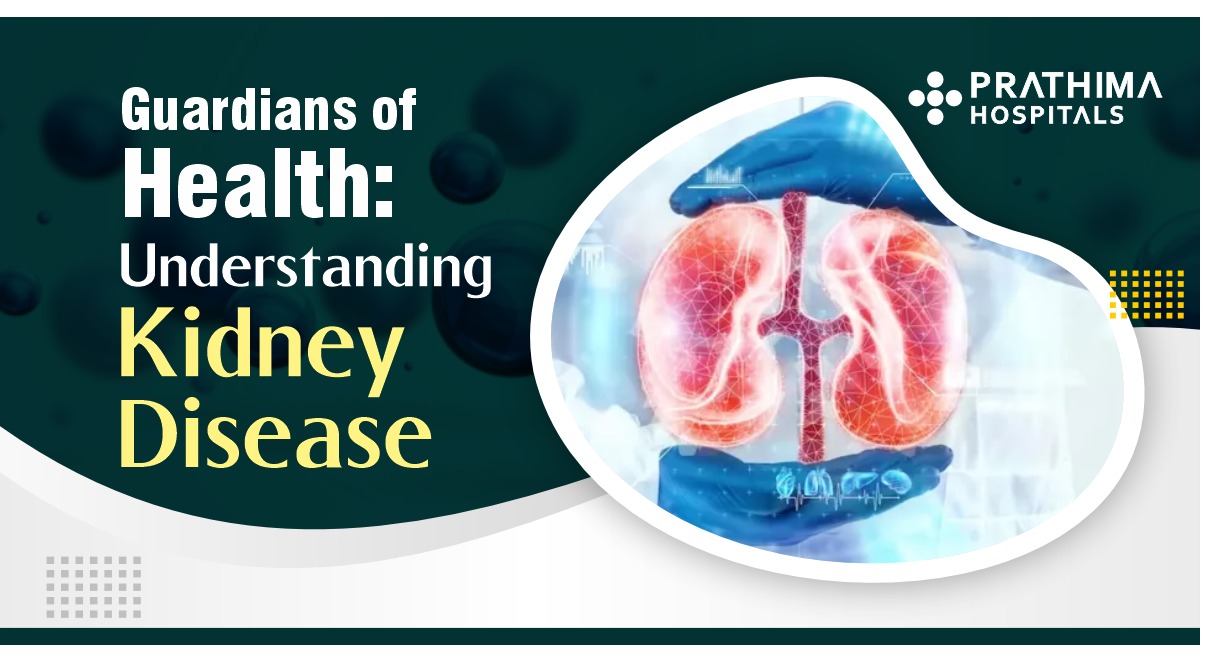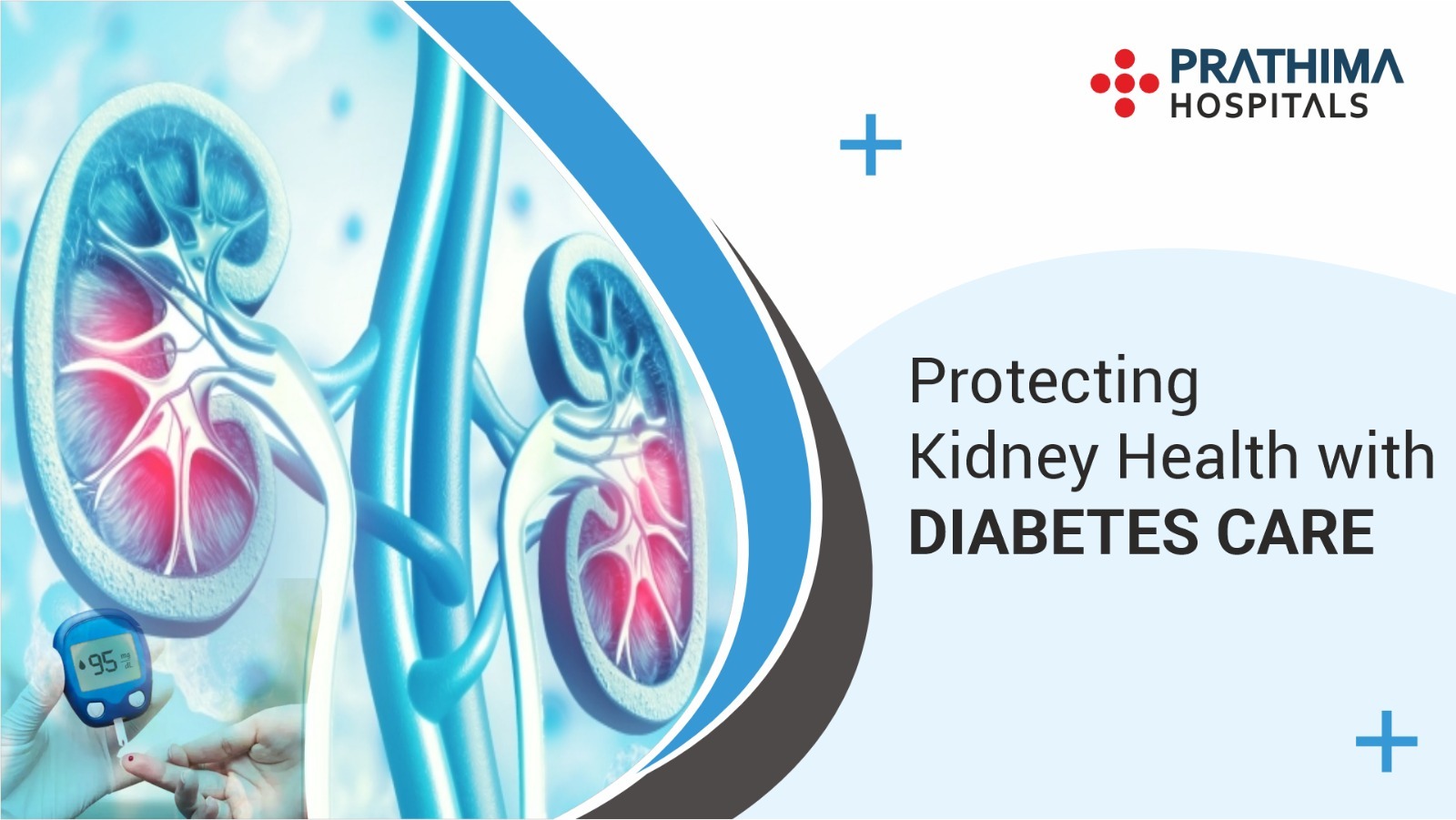The Silent Force: Unveiling the Importance of Mental Health in Today’s World

World Mental Health Day
Introduction:
In the hustle and bustle of our daily lives, it’s easy to overlook one of the most fundamental aspects of our well-being: mental health. As per the Best Neuro Hospital in Hyderabad, it’s a topic that has gained increasing recognition in recent years, and for good reason. Mental health is not a mere afterthought but a cornerstone of our overall health and quality of life. In honor of World Mental Health Day, October 8th, it is necessary to discuss mental health, dissect its significance from multiple angles, and shed light on why mental health should be a paramount concern for individuals, communities, and society at large.
Understanding Mental Health:
Mental health is a multifaceted concept that encompasses our emotional, psychological, and social well-being. It’s the silent force that shapes our thoughts, feelings, and actions, influencing every facet of our lives. A person’s mental health dictates how they cope with stress, relate to others, make decisions, and handle life’s inevitable ups and downs.
Importantly, mental health isn’t just the absence of mental disorders; it also involves the presence of positive attributes and strengths. It’s about having the resilience to bounce back from setbacks, the self-esteem to value oneself, and the emotional intelligence to understand and manage our own emotions effectively.
The Prevalence of Mental Health Issues:
Before delving deeper into the significance of mental health, it’s crucial to recognize the widespread prevalence of mental health issues. According to the World Health Organization (WHO), approximately one in four people worldwide will be affected by a mental health disorder at some point in their lives. That’s a staggering statistic, underscoring the universality of mental health challenges.
These disorders come in various forms, with some of the most common including anxiety disorders, depression, bipolar disorder, schizophrenia, and substance abuse disorders. These conditions can be debilitating, affecting a person’s ability to function, hold a job, maintain relationships, and experience a fulfilling life.
The Impact on Physical Health:
According to the Neurologist in KPHB, the interconnectedness of mental health and physical health is a compelling reason to emphasize the importance of mental well-being. Extensive research has shown that mental health problems can contribute to the development and exacerbation of chronic physical illnesses such as heart disease, diabetes, and obesity.
For instance, chronic stress, often a byproduct of poor mental health, can lead to increased cortisol levels in the body. Elevated cortisol levels are associated with a range of adverse physical effects, including increased blood pressure, impaired immune function, and weight gain. Over time, these physiological responses can contribute to the development of chronic illnesses.
Conversely, physical health issues can also have a detrimental impact on mental health. Individuals dealing with chronic pain, disability, or debilitating illnesses may experience depression and anxiety as a result. Addressing mental health is not only about improving emotional well-being but can also lead to improved physical health outcomes.
The Socioeconomic Ramifications:
Neglecting mental health has significant economic and social consequences. The economic cost of mental health disorders is substantial, manifesting through lost productivity, absenteeism, and disability claims related to mental health issues. It’s not just a personal struggle; it affects businesses and economies on a large scale.
Furthermore, untreated mental health conditions can lead to a cascade of social problems. Individuals who are unable to access appropriate treatment may find themselves struggling with poverty, homelessness, and involvement with the criminal justice system. This not only exacerbates their mental health challenges but also creates a burden on society as a whole.
Stigma and Discrimination:
One of the persistent barriers to addressing mental health effectively is the stigma and discrimination that surround it. As said by the NeuroPhysician in Kachiguda, People with mental health conditions often face stereotypes and prejudice, which can prevent them from seeking help when needed. The fear of being labelled as “crazy” or “unstable” leads many individuals to suffer in silence.
Dispelling these stigmas and promoting understanding is a crucial step in ensuring that individuals with mental health conditions are not only encouraged to seek help but are also treated with dignity and respect. This shift in societal attitudes can go a long way in breaking down barriers to mental health care and support.
Early Intervention and Prevention:
A cornerstone of effective mental health care is early intervention and prevention. Identifying symptoms and risk factors early can lead to more effective treatment and improved outcomes. Mental health conditions, like many physical illnesses, often respond better to treatment when addressed in their early stages.
Prevention efforts can take various forms. Educational programs that raise awareness about mental health, risk factors, and available resources can help individuals recognize when they or someone they know may need support. Additionally, destigmatization efforts in schools, workplaces, and communities can create environments where people feel comfortable seeking help.
The Role of Social Support:
According to the Neuro Physician in Kukatpally, human beings are inherently social creatures, and social support plays a vital role in maintaining good mental health. Strong social connections, whether through family, friends, or community networks, provide a crucial buffer against life’s challenges.
Having a support system can help individuals cope with stress, navigate difficult situations, and reduce feelings of isolation and loneliness. Conversely, social isolation and loneliness can be detrimental to mental well-being, contributing to the development or exacerbation of mental health conditions.
Holistic Approaches to Mental Health:
Mental health is a complex interplay of various factors, including physical, emotional, social, and even spiritual elements. Recognizing this complexity, many holistic approaches to mental health have emerged. These approaches focus on the integration of different aspects of well-being to promote mental health.
- Mindfulness and Meditation: Practices like mindfulness and meditation encourage individuals to be present in the moment, fostering self-awareness and emotional regulation. These techniques can reduce stress and anxiety while enhancing overall mental well-being.
- Physical Activity and Nutrition: Regular exercise has been shown to have a positive impact on mood and mental health. A balanced diet rich in essential nutrients also supports brain function and emotional stability.
- Therapy and Counseling: Psychotherapy, or talk therapy, is a valuable tool for addressing mental health concerns. It provides a safe space for individuals to explore their thoughts and feelings, develop coping strategies, and work through challenges.
- Medication and Treatment: In some cases, medication may be prescribed to manage specific mental health conditions. Effective treatment plans suggested by the Neurologist in Kukatpally, often combine medication with therapy and other holistic approaches.
- Support Groups: Joining support groups or peer-led organizations can provide a sense of community and belonging for individuals dealing with mental health challenges. Sharing experiences and coping strategies can be empowering.
Mental Health in Different Life Stages:
Mental health needs vary across different life stages, and understanding these variations is crucial for providing effective support and intervention.
- Children and Adolescents: Mental health challenges can emerge in childhood and adolescence. Early intervention is critical to prevent issues from escalating. Schools, parents, and healthcare providers play a pivotal role in identifying and addressing these challenges.
- Young Adults: Transitioning to adulthood can be stressful, and many young adults face mental health challenges during this phase. Support with life transitions, education, and employment opportunities is essential.
- Adulthood: The pressures of work, relationships, and family can take a toll on mental health in adulthood. Learning effective coping strategies, seeking therapy if needed, and maintaining a work-life balance are crucial.
- Older Adults: Aging comes with its own set of challenges, including the potential for isolation, physical health issues, and loss of loved ones. Mental health support should focus on addressing these unique needs.
The Future of Mental Health:
As we move forward, the landscape of mental health care is evolving in response to societal changes, advancements in research, and technological innovations. Several key trends are shaping the future of mental health:
- Teletherapy and Telehealth: The COVID-19 pandemic accelerated the adoption of teletherapy and telehealth services. These technologies provide greater access to mental health care, especially in remote or underserved areas.
- Personalized Treatment: Increasingly, mental health care is moving toward personalized treatment plans. Genetic and neurobiological research is shedding light on individual differences in mental health, allowing for more tailored approaches.
- Mental Health Advocacy: There is growing recognition of the importance of mental health advocacy and policy changes. Governments and organizations are investing in mental health programs and initiatives to reduce the burden of mental health issues.
- Community and Online Support: Online mental health communities and resources are proliferating. These platforms offer individuals the opportunity to connect with others facing similar challenges and access information and support.
Conclusion:
In our fast-paced world, mental health should be a central concern for individuals, communities, and societies. It’s not a peripheral issue; it’s a fundamental pillar of well-being. Understanding mental health, recognizing the prevalence of mental health issues, and addressing the impact on physical health and society are all essential steps in ensuring that mental health is given the attention it deserves.
We must break down the stigma and discrimination that prevent individuals from seeking help and work toward early intervention and prevention. According to the Neurologist in Kachiguda, Prathima Hospitals holistic approaches to mental health that consider the interconnectedness of various aspects of well-being are key to promoting mental health.
.
.
.
.
.
For More Details:
Contact Us: 733 733 6600 | 040 4345 4345
Visit Now: https://prathimahospitals.com/speciality/neurosciences/





